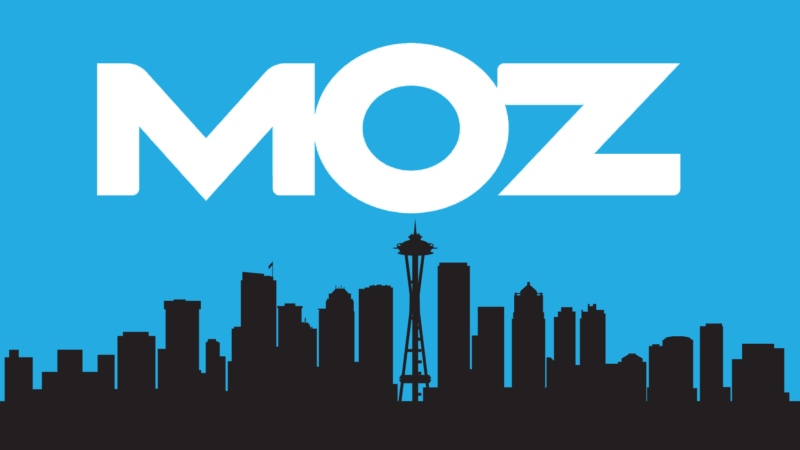Answer

Sep 23, 2018 - 08:49 PM
A few that come to mind are:

Digg: A darling of the early web 2.0 era. Said to have rejected an acquisition offer of $80 million. Kevin Rose, the founder, was for the deal as it would have been life changing for him. But the board blocked it to hold out for a better offer. The company had raised $45 million and venture capitalists typically expect 10x plus returns. A middling return is no better than a complete loss. The company 'assets' were eventually sold off in a firesale for $500k! Lesson: when you raise capital from professional investors, you need to understand the game you are playing.

Yahoo: Not really a startup but one of the worst decisions ever by a management team. Egomaniac Jerry Yang declined $44 billion from Microsoft in 2008. The company was sold to Verizon for $4.5 billion in 2017, quite a come-down from the $119 billion valuation that Yahoo commanded at the height of the dotcom era! Considering the effect of inflation, the final acquisition price was less than one tenth of what Microsoft had offered!

Moz: According to founder Rand Fishkin in his book recent book Lost and Founder, they should have sold to Hubspot for $30 million, when they had the chance and had raised only a little bit of capital. Instead they chose to raise more capital and swing for the fences--and launch new products which did not produce meaningful new revenue. While Moz has about $50 million in revenue and could yet succeed, it is competing in a much tougher environment with more nimble players like Ahrefs.
Viddy: Declined a $100 million offer but then sold for $15 million.
It is not always easy to tell whether or not to sell or to hold out. The table below shows a fairly mixed pattern of wins/fails in acquisition scenarios:
http://www.visualcapitalist.com/turni...

Digg: A darling of the early web 2.0 era. Said to have rejected an acquisition offer of $80 million. Kevin Rose, the founder, was for the deal as it would have been life changing for him. But the board blocked it to hold out for a better offer. The company had raised $45 million and venture capitalists typically expect 10x plus returns. A middling return is no better than a complete loss. The company 'assets' were eventually sold off in a firesale for $500k! Lesson: when you raise capital from professional investors, you need to understand the game you are playing.

Yahoo: Not really a startup but one of the worst decisions ever by a management team. Egomaniac Jerry Yang declined $44 billion from Microsoft in 2008. The company was sold to Verizon for $4.5 billion in 2017, quite a come-down from the $119 billion valuation that Yahoo commanded at the height of the dotcom era! Considering the effect of inflation, the final acquisition price was less than one tenth of what Microsoft had offered!

Moz: According to founder Rand Fishkin in his book recent book Lost and Founder, they should have sold to Hubspot for $30 million, when they had the chance and had raised only a little bit of capital. Instead they chose to raise more capital and swing for the fences--and launch new products which did not produce meaningful new revenue. While Moz has about $50 million in revenue and could yet succeed, it is competing in a much tougher environment with more nimble players like Ahrefs.
Viddy: Declined a $100 million offer but then sold for $15 million.
It is not always easy to tell whether or not to sell or to hold out. The table below shows a fairly mixed pattern of wins/fails in acquisition scenarios:
http://www.visualcapitalist.com/turni...







Add New Comment